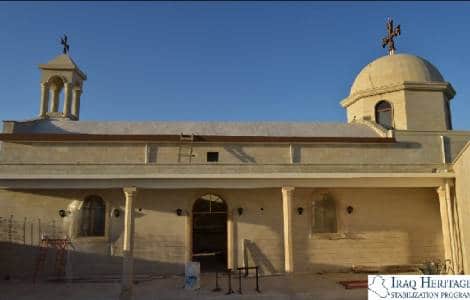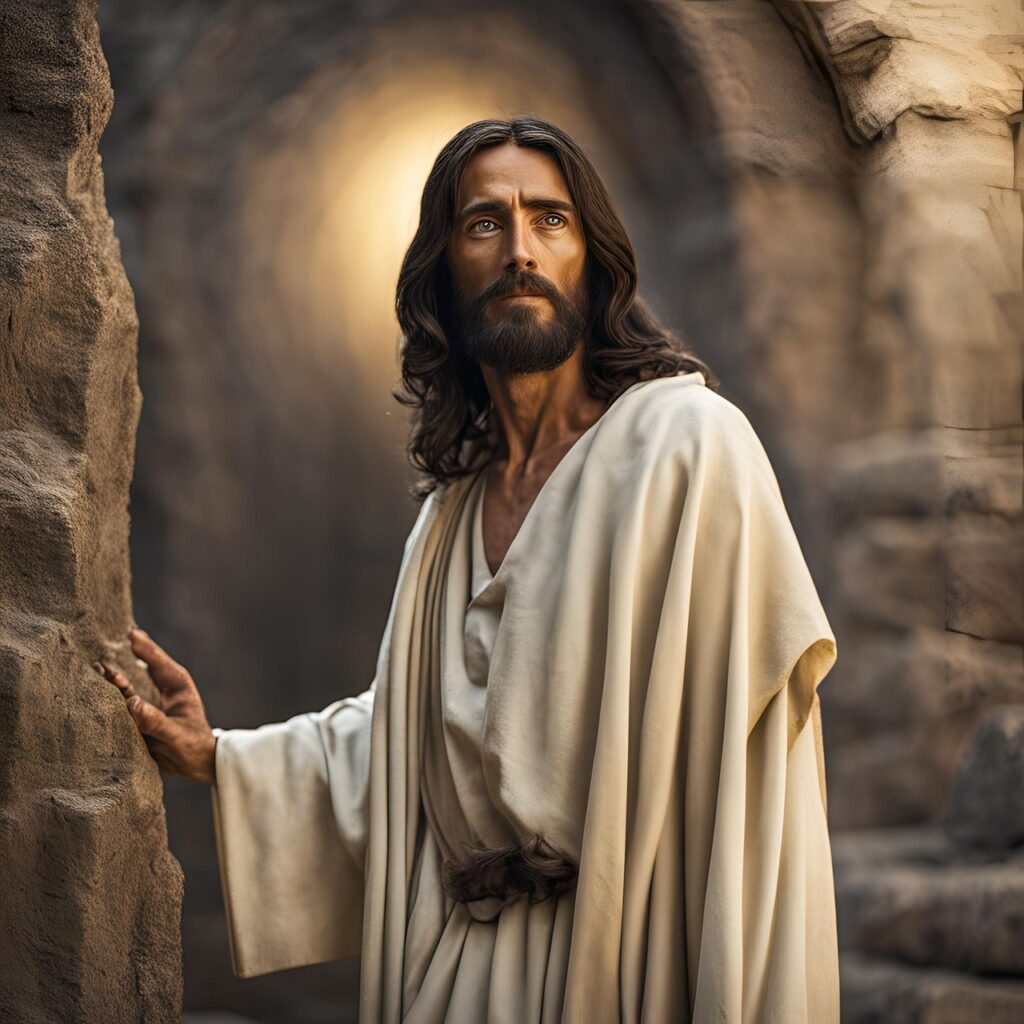Church of Monastery of Mar Korkis to Reopen
Financial Support Guaranteed by State Department of United States

The reopening ceremony of the main church of the monastery of Mar Korkis, in the Iraqi city of Mosul, seriously damaged by the militiamen of the self-proclaimed Islamic State (Daesh) during the time of the jihadist occupation, is scheduled by the end of November. In recent days, the completion of the restoration works carried out in the framework of the stabilization program of the Iraqi heritage was announced, in collaboration with the Antonian monastic order of Saint Ormisda of the Chaldeans and thanks to the financial support guaranteed by the State Department of the States United States of America to the reconstruction projects of churches and monuments carried out in North Iraq by the Department of Heritage and Civilization of the University of Pennsylvania. Mar Korkis Monastery is located on the right side of the Tigris River, just off the road from Mosul to Dohuk 10km from the city center. The first foundation of the monastery is traced back from historical sources to before the 10th century after Christ.
In March 2015, the jihadists of the Islamic State severely devastated the church, without however razing it to the ground. The rumors raised by various media that in those days had credited the rumors about a total demolition of the Christian place of worship by explosives were denied. The destructive fury of the jihadists was concentrated on the dome and on the facade of the church, characterized by a particular architectural configuration, with bricks and openings arranged so as to draw a large cross. The crosses that stood out on the dome and roof of the monastery had been uprooted by the jihadists as early as December 2014. Photos and documents published at that time confirmed that the devastation was mainly the cemetery adjacent to the church, where the bodies of many Iraqi Christian soldiers also rested, who died during the Iraq-Iran conflict.
During the time of the jihadist occupation, the monastery of St. George was also used as a place of detention. In December 2014, at least 150 blindfolded and handcuffed prisoners had been transferred there, including some Sunni tribal chiefs opponents of the Islamic State and former members of the security apparatus, previously detained at Badush prison (evacuated in anticipation of a possible attack by the anti-Caliphate coalition).
The restoration works involved engineers, architects, and local workers. The interior walls of the place of worship were covered with marble from Mosul.
Related

Reflection by Bishop Enrique Díaz: The Lord’s mercy is eternal. Alleluia
Enrique Díaz
27 April, 2025
5 min

After Eight Days Jesus Arrived: Commentary by Fr. Jorge Miró
Jorge Miró
26 April, 2025
3 min

The Perspectivas del Trabajo Foundation is founded with the aim of promoting virtues for professional development
Exaudi Staff
25 April, 2025
2 min

Reflection by Bishop Enrique Díaz: Alleluia, alleluia
Enrique Díaz
20 April, 2025
5 min
 (EN)
(EN)
 (ES)
(ES)
 (IT)
(IT)

